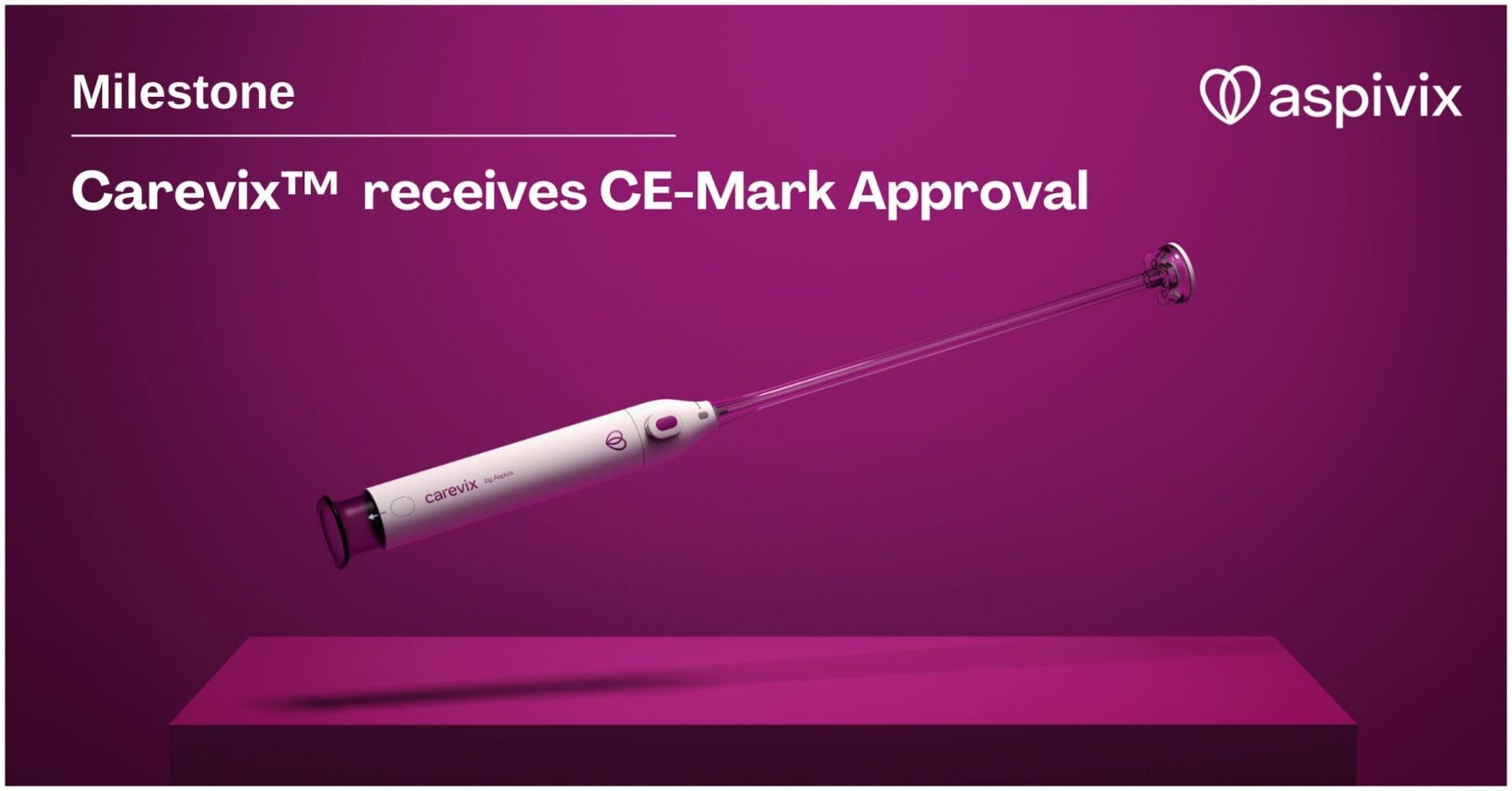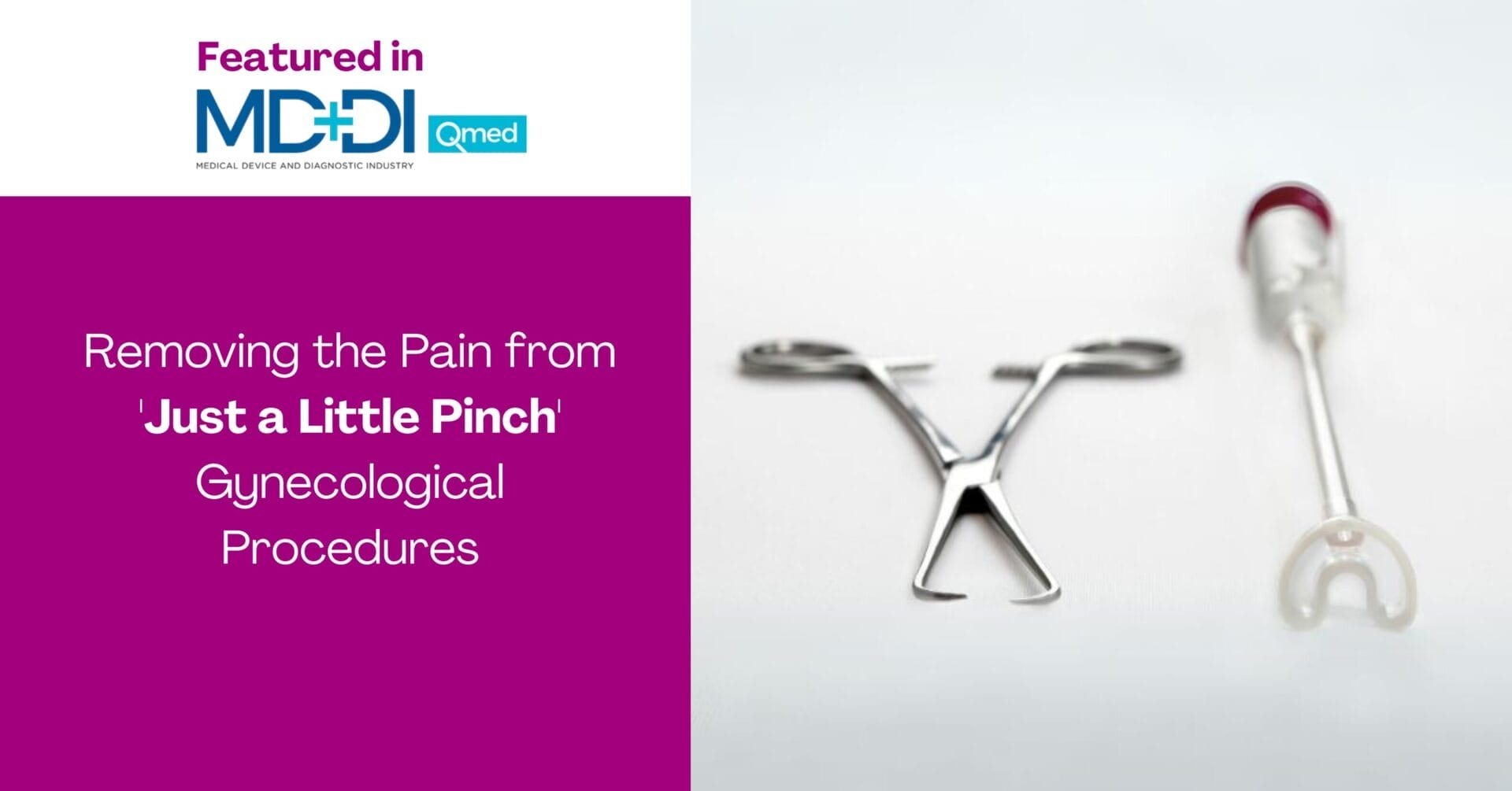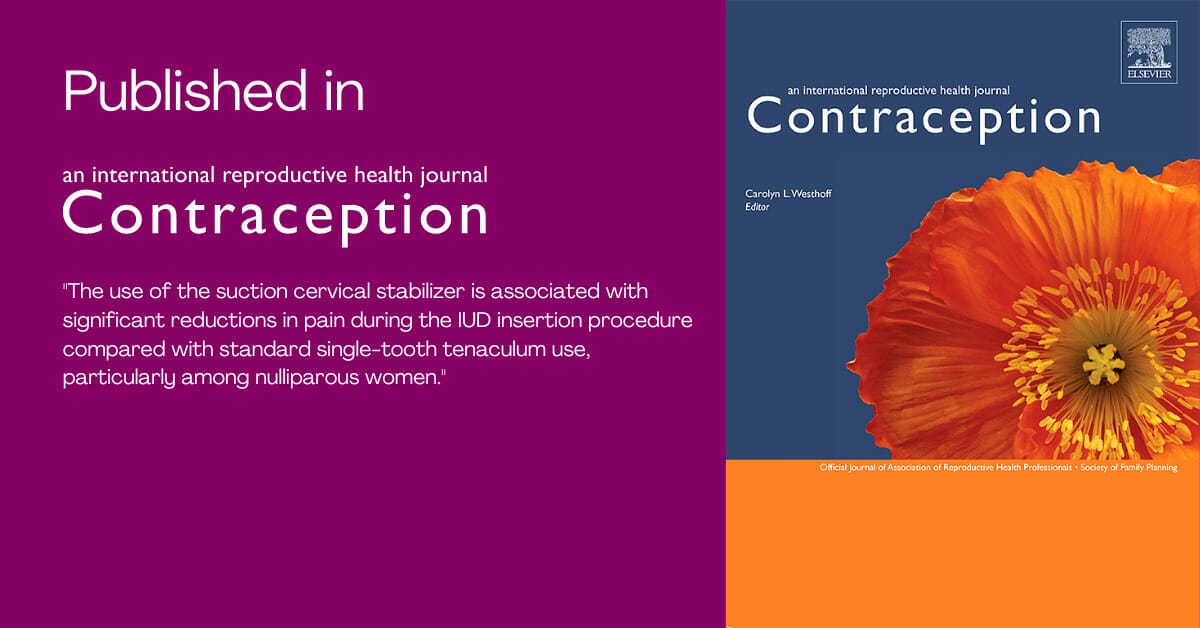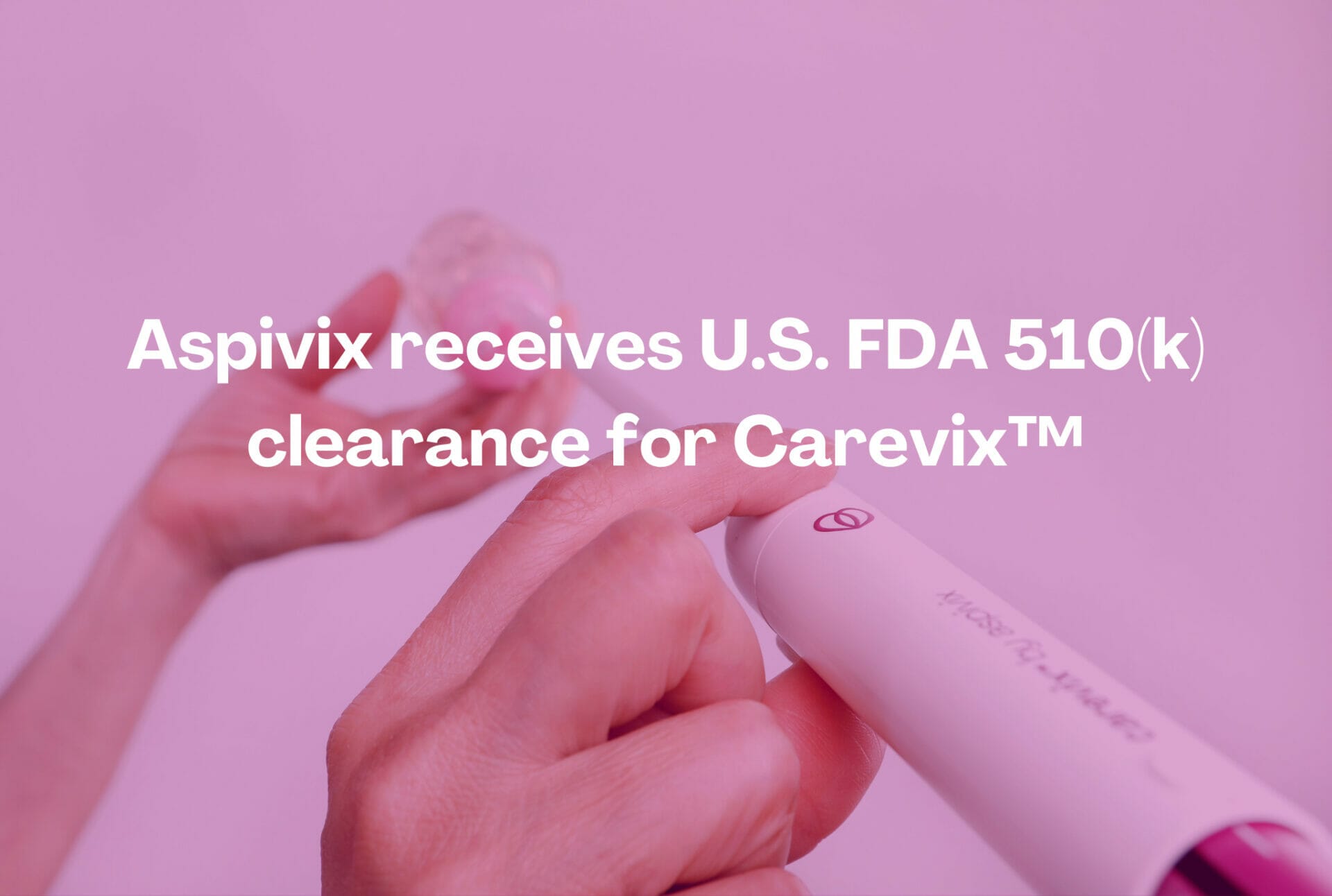
Is the IUD Suitable for Women Who Have Never Given Birth?
The short answer is yes, yet misconceptions dating back from the time when the Intrauterine device (IUD) was first introduced in the late 1990s still linger.
The origin of the IUD
Nulliparous is the medical term for women who have not undergone childbirth either by choice or any other reason. Generally, the cervix diameter of nulliparous women is smaller than that of women who have given birth.
Nulliparous women were originally not indicated for IUDs as the physicians believed the procedure would require specialized care such as cervical dilatation and temporary nerve block.
The modern IUD
For more than 15 years now IUDs have been cleared for use in nulliparous women. Yet early misconceptions from both clinicians and patients continue to exist.
A survey published by the Journal of Obstetrics and Gynecology exposes this gap.
As much as 30% of respondents – physicians, certified nurses, midwives – believed that IUDs – both hormonal or non-hormonal – were unsafe for nulliparous.
The authors of the study concluded that “Improved healthcare provider education is needed to increase IUD use among nulliparous women”.
Experts give the green light
To bridge the knowledge gap, the American College of Obstetrics and Gynecologists (ACOG) published in 2016 an opinion paper to both clear the perceived unsafety of IUDs for nulliparous women as well as to encourage healthcare providers to recommend it.
The study concluded that despite significant symptoms with insertion, intrauterine contraception is safe, effective, and ultimately well-tolerated in nulliparous women and should be provided to this population in both university and community health settings.

What users have to say
Between 2012 and 2014, 109 nulliparous women, aged 18–30 years, who had an Intrauterine Device (IUD) were surveyed at 1, 6, 12 and 18 months after insertion:
- 75% of participants stated that the insertion procedure went ‘very well’, despite 78% rating insertion pain as moderate to severe.
- Overall satisfaction was high. 83% of 100 women were ‘happy’ or ‘very happy’ with their IUD, and there were no differences in satisfaction between the two IUD types.
- The 12-month continuation rate was 89%.
- There were no uterine perforations or diagnoses of pelvic inflammatory disease.
Innovation
The modern IUD market has been fueled by innovation. Today women of different age groups – around the globe – have more options than ever to meet their various needs. Intrauterine Devices come in different sizes, shapes, materials, and remain effective longer than ever. The hormonal option also offers different amounts of hormone released.
Sources:
- IUDs in Nulliparous Women
- Health Care Provider Attitudes and Practices Related to Intrauterine Devices for Nulliparous Women
- Committee Opinion No. 642: Increasing Access to Contraceptive Implants and Intrauterine Devices to Reduce Unintended Pregnancy
- Hall, A., & Kutler, B.:Intrauterine contraception in nulliparous women: A prospective survey
- New developments in intrauterine device use: focus on the US
- Hormone Releasing Intrauterine Devices
- Your Life – Intrauterine Method
Share this story:










